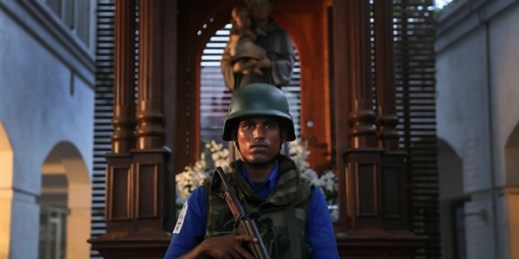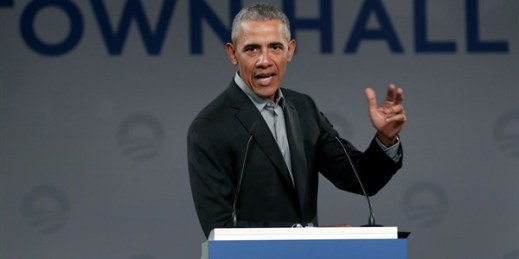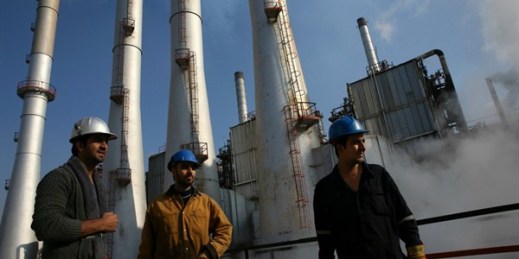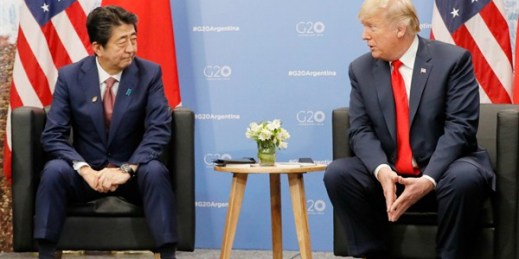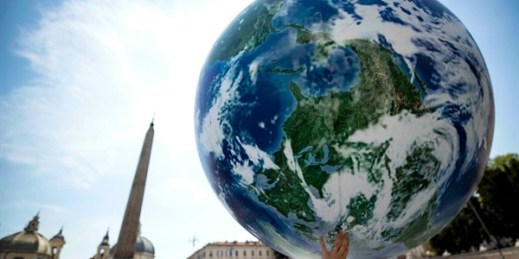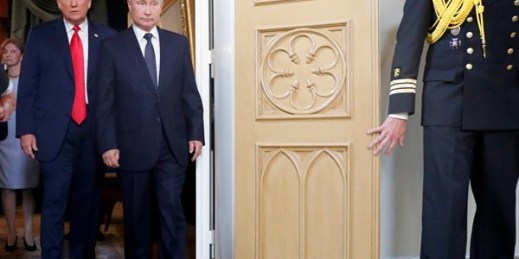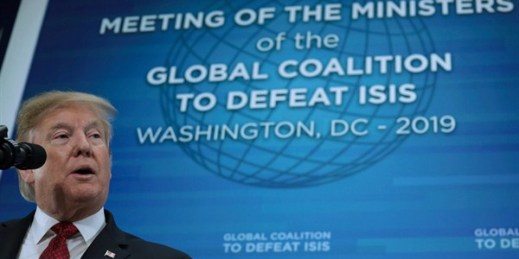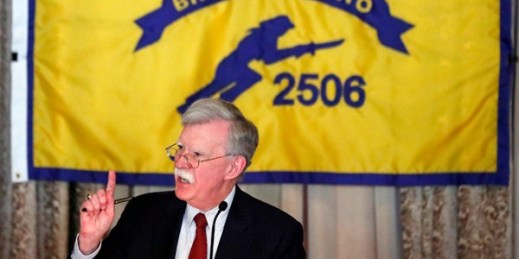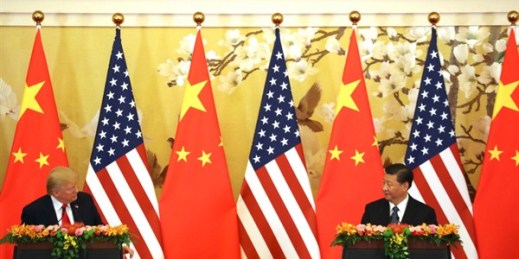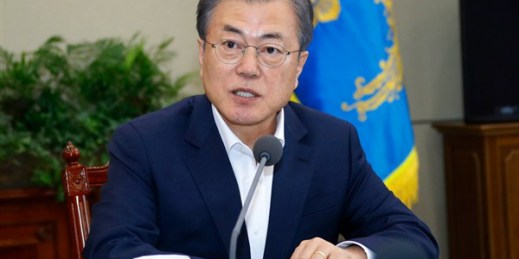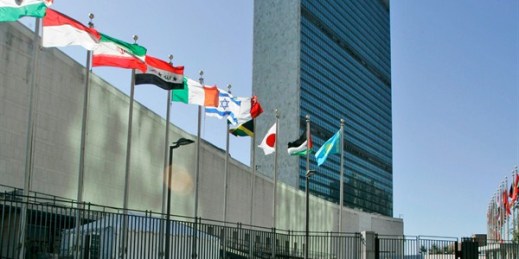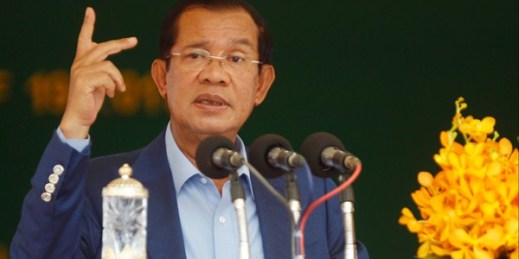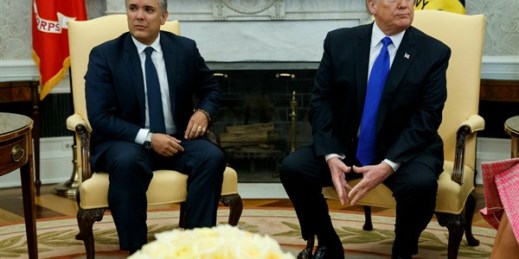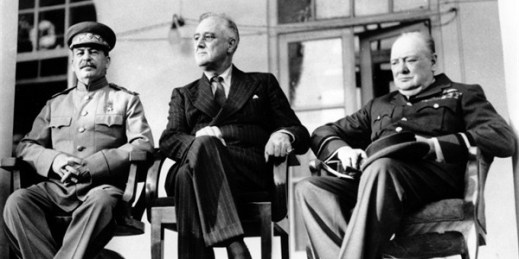
In the latest issue of Foreign Affairs, Mira Rapp-Hooper and Rebecca Friedman Lissner make a compelling case for a more restrained U.S. foreign policy. The United States, they write, should abandon messianic liberal internationalism for the more realistic goal of an open world. Such a prudent policy has a lot to recommend it. It would also take America back to the future—to the grand strategy that President Franklin D. Roosevelt endorsed during World War II. As I argued in my 2009 book “The Best Laid Plans: The Origins of American Multilateralism and the Dawn of the Cold War,” it was […]

